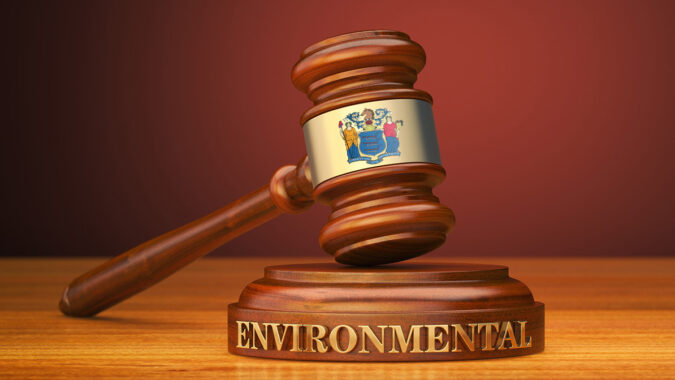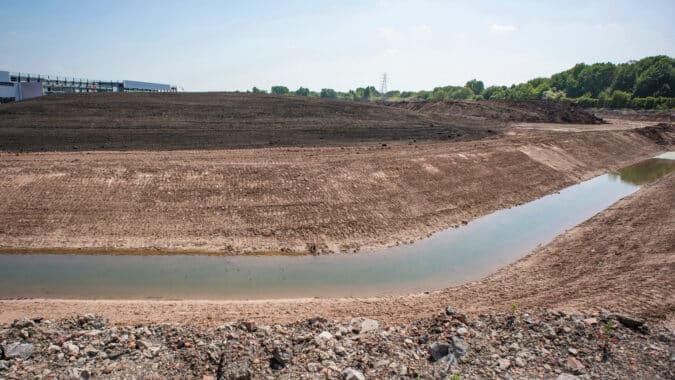The state Department of Environmental Protection has unveiled its proposed environmental justice rule, which will greatly impact how environmental permits are issued and renewed throughout most of the state.
NJBIA is hosting an important event on Friday, June 10 at Pines Manor in Edison to bring a better understanding of permitting and compliance under the new and more restrictive EJ paradigm.
“About two-thirds of the state will be designated as being overburdened and about 90% of them will be determined to have disproportionate impacts,” said NJBIA Vice President of Government Affairs Ray Cantor.
“The result could very well mean no new major manufacturer can locate in these areas and those that are already in place will likely be challenged to expand. So, this event is a good opportunity to hear from DEP representatives and industry experts on how to navigate this new landscape.”
The EJ rule comes amid legislation signed by Gov. Phil Murphy in 2020 to keep certain facilities out of low-income communities and communities of color.
Public comments are to be taken through Sept. 4, with a target date of finalizing the rule by the end of 2022.
In a press briefing this week, DEP Commissioner Shawn LaTourette acknowledged that the new rule will feel “too big, too fast, too soon for some, and it’s going to feel too little, too slow, too late for others.”
“Lawyers will certainly build entire careers based on splitting its hairs,” LaTourette said.
Cantor said the proposed rule falls well short of bringing a balance to the business community – or standards it could meet.
“The business community wants to be good neighbors and improve the communities where they are located,” he said. “But a rule that creates uncertainty and bans new facilities is not in the best long-term interest of the state.
“While we understand that more needs to be done to address environmental conditions in many of our state’s disadvantaged communities, this rule covers too much of the state and sets up standards that will be extremely challenging, if not impossible, to meet.”

